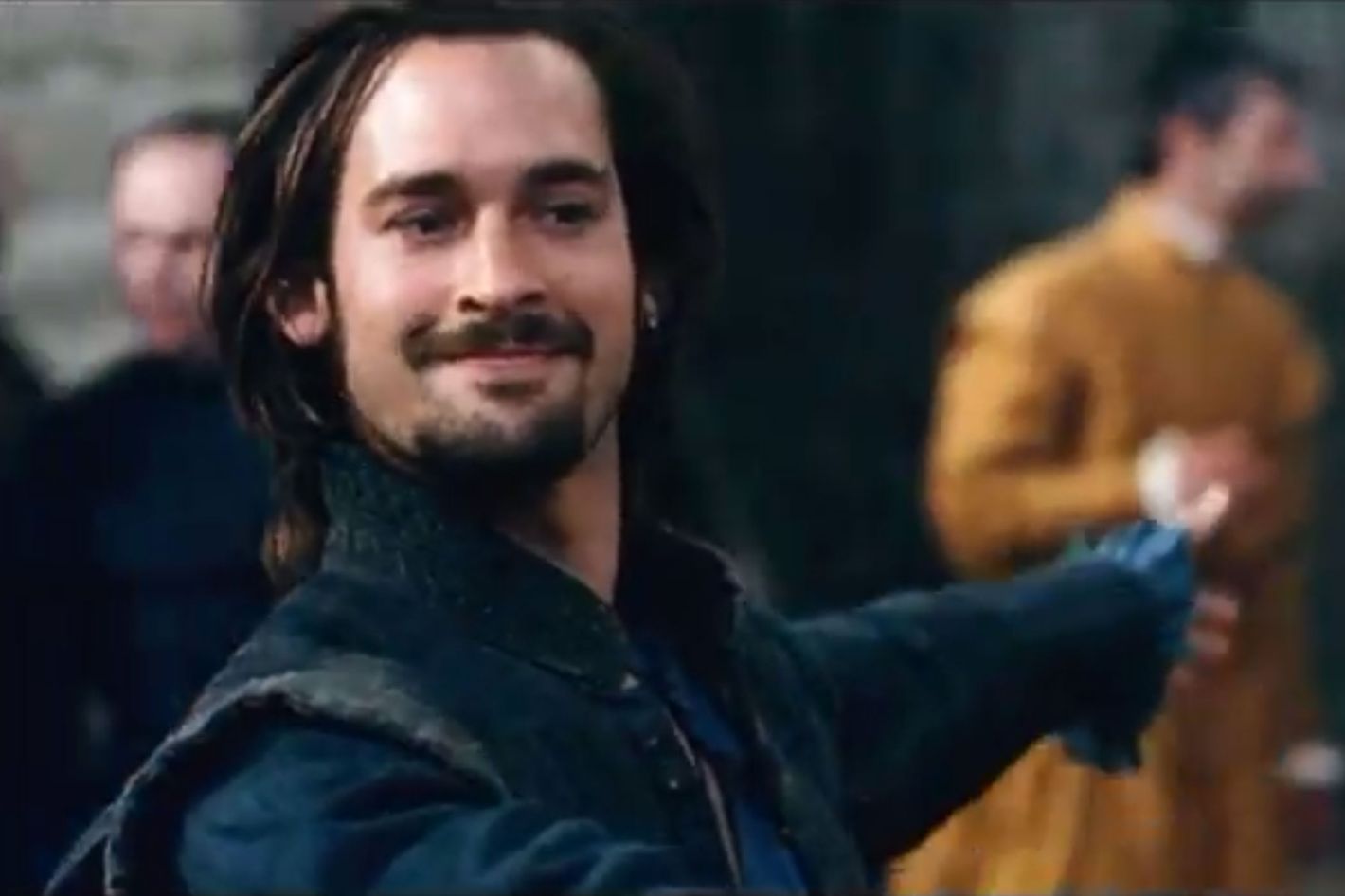Early indications are, though some of us may be more optimistic (read: clinging to hope) than others, nobody really thinks the new “Will” show is all that great. And we can forget completely about Still Star-Cross’d, which ran out of Shakespeare material in the first episode.
What would you want in a Shakespearean television show? What could they have done, that would have made the show “must see tv” in your universe?
For my part, I think I wear it on my sleeve – give me the text. Start with people saying Shakespeare’s words, and I’m already about 70% there. It doesn’t have to be the actual character of William Shakespeare. It could just as easily be high school students. The important part would be in the delivery. The words have to come from a place of sincerity. It would be too easy (especially in the high school case) to go more for cliche and mockery. I don’t want that. I want lightning bolts to shoot up my spine every time somebody drops a line I recognize.
Beyond that, I love it when the meta story echoes the text. Go ahead and tell a Romeo and Juliet story while actually reading/studying/performing Romeo and Juliet, I’m ok with it. Granted it’s a little overdone. So do it with King Lear instead. But don’t abandon the text for the story.
I think that Slings & Arrows is as close to ideal as I’ve yet seen.
I don’t really need the historical accuracy stuff. Elizabethan England was not a glamorous era, based on what I’m learning. The prettier you make the show look, the more people will tell you it looks like a Renaissance Faire. The better looking your actors, the more discussion we can have about the lack of dentistry and personal hygiene, not to mention plague. But who wants to look at sick ugly people every week?
What about you? What’s your must have ingredient for a Shakespeare show? Do you want the biographical stuff? Or the more fanciful Dark Lady theories? Historical accuracy? You prefer Shakespeare as a character or would you rather see a story about Falstaff?



 Ok, a site called Art of Manliness offers up an article entitled, “
Ok, a site called Art of Manliness offers up an article entitled, “